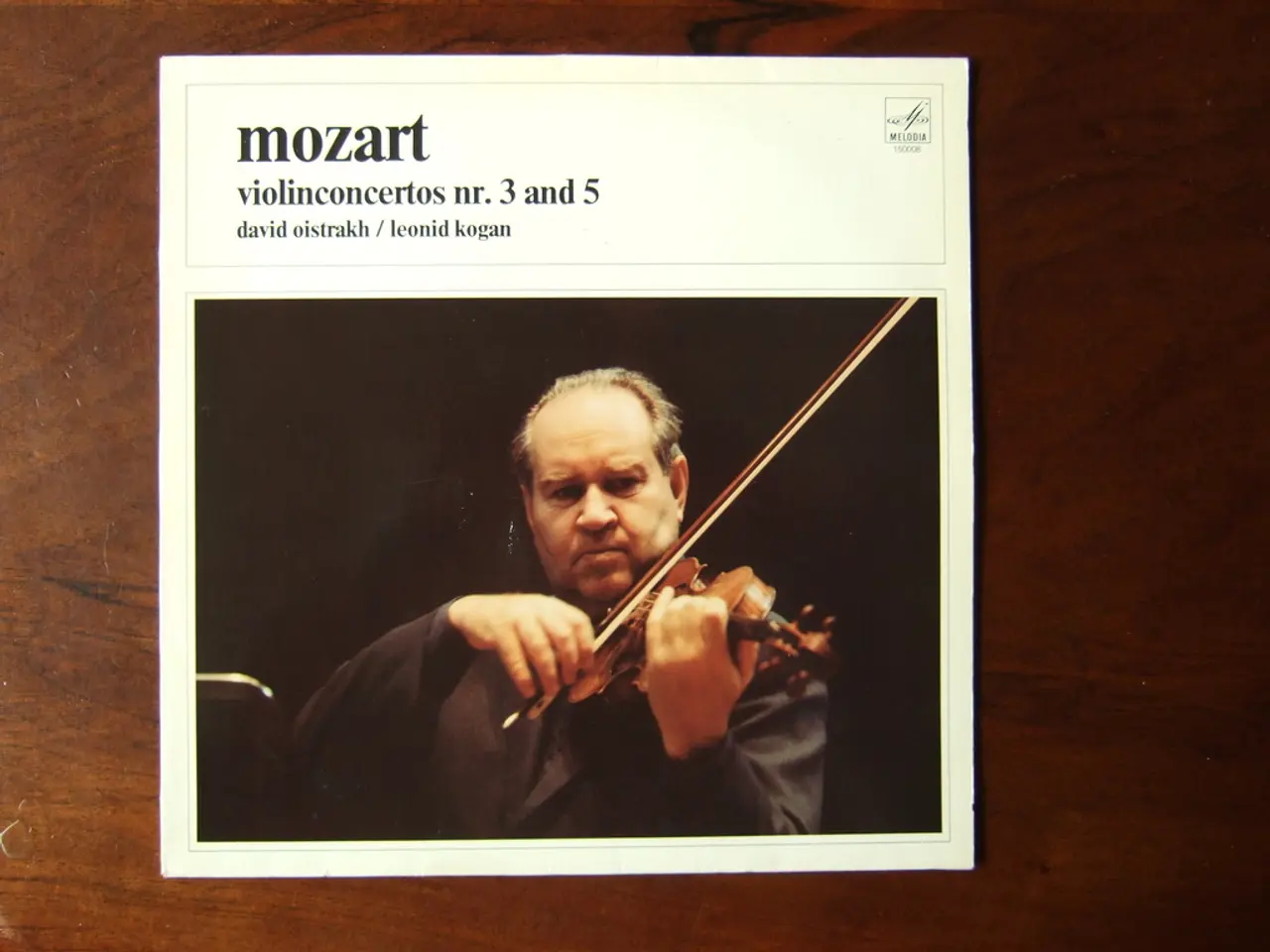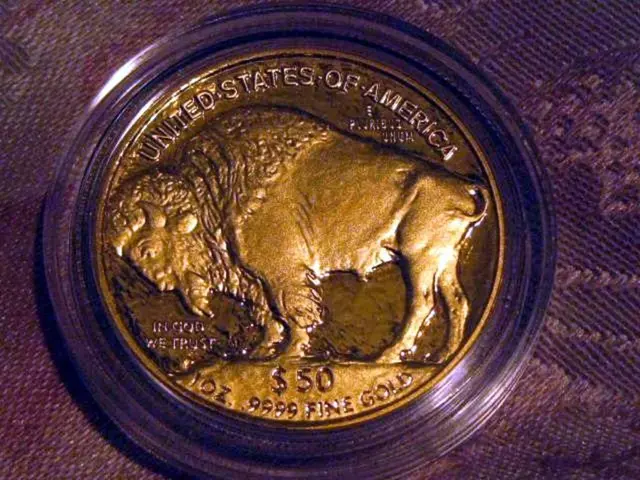Top Ten Masterpieces Composed by Dvorák
Antonín Dvořák, a renowned Czech Romantic composer, left an indelible mark on the world of classical music with his symphonies, concertos, chamber pieces, operas, and choral works.
Born as a prodigious violinist, Dvořák also played the viola. His musical journey began in earnest when he was granted a government grant in 1857 to study in Vienna, where he met composer Johannes Brahms. Brahms was instrumental in propelling Dvořák to international recognition.
Dvořák's time in the United States was particularly fruitful. He wrote some of his most popular music during his stay, including Symphony No.9 'From the New World', String Quartet No.12 'The American', and Cello Concerto in B minor. The String Quartet No.12, also known as 'The American', was conceived during a rural holiday in America in 1893.
Symphony No.9 'From the New World' is one of the most colorful and evocative symphonies of the Romantic era. The poignant and moving melody of the second movement Largo is especially loved. The Eighth Symphony, on the other hand, contains some of the most melodic and rich symphonic writing in the Romantic canon. The third movement features a swoon-worthy waltz.
Dvořák's Serenade for Strings is sumptuous and evocative, summoning feelings of an idyllic day in the sunny countryside. His Slavonic Dances are folk-infused collections of short symphonic pieces, inspired by Brahms' Hungarian Dances.
Dvořák's Cello Concerto in B minor is a muscular, dramatic work that is considered one of the defining works for the instrument. His Stabat Mater of 1877 sets the story of the crucifixion of Christ from the point of view of his mother, Mary, and is incredibly poignant and melancholic.
One of Dvořák's most notable works is his best-known opera, Rusalka, a dark fairytale about a water nymph who falls in love with a prince and exchanges her voice for legs.
The world premiere of Dvořák's Te Deum took place at New York's iconic Carnegie Hall on 21 October 1892, with Dvořák himself conducting a 250-strong choir. The conductor who led the premiere was Anton Seidl. The Te Deum of 1892 is a sacred cantata for mixed choir and orchestra with a solo soprano and solo bass, commissioned by the president of New York's National Conservatory of Music.
Dvořák's Eighth Symphony makes full use of percussion, brass, strings, and woodwinds, showcasing the composer's mastery of orchestration. His music continues to captivate audiences worldwide, standing as a testament to his genius and enduring legacy.








